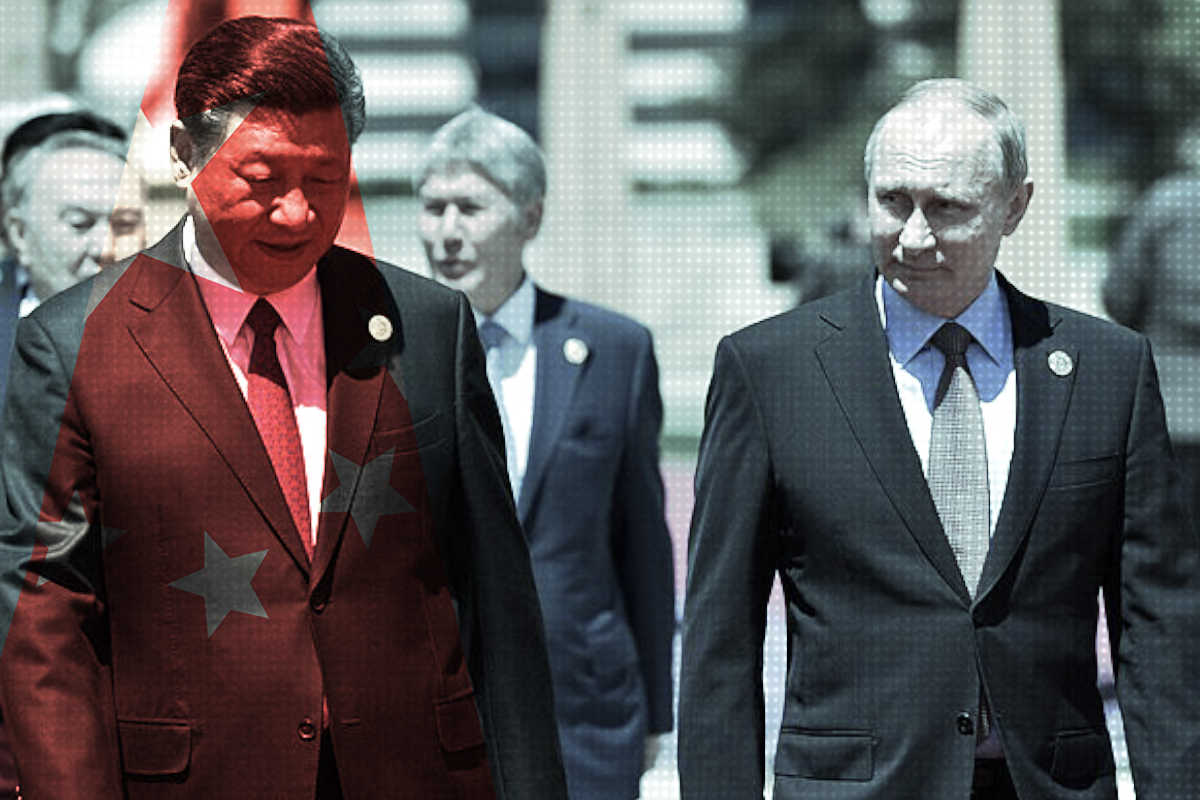Last week, China Central Television and other Chinese media reported on a scandal at the state-run oil company Sinopec that involved the expenditure of more than a million yuan for the purchase of high-end Chinese liquor that sources say was used privately by company executives.
Shortly after the story broke, stemming originally from the posting online of a number of receipts from Sinopec detailing the purchases, Sinopec’s Guangdong branch reportedly held three meetings around basically two agendas. The first was an order to clean house, meaning that a thorough internal investigation would be carried out to find out exactly who had aired out the company’s dirty laundry. The basic assumption was that the wrongdoer was someone inside the organization, an “inside ghost” (内鬼), and they would be dealt with severely once the company had gotten to the bottom of it.
The second matter up for discussion, involving of course the company’s external relations people, was how to deal with the media. The result was a strict prohibition against any company employee speaking to the media without express approval from Sinopec.
Given all of this fishing about, one has to be concerned about what exactly might happen to this whistle blower if they are found out. And experience tells us that informants are generally subjected to all sorts of reprisals once they have been exposed.
We may all remember the case of Li Changhe (李长河), the former politics and law committee secretary of the Henan city of Pingdingshan, who hired muscle to kill the wife of a township official, Lu Jing (吕净), after Lu blew the whistle on his corrupt activities. Lu Jing’s wife was brutally murdered, and Lu was severely injured in the attack. Then there was Zhang Zhi’an (张治安), the former top district leader in the city of Fuyang, Anhui province — known as the “White House secretary” — who ordered police, prosecutors and discipline inspectors under his thumb to jail Li Guofu (李国福), a real-estate company executive, after Li spoke out about Zhang’s problems. Li Guofu eventually died an “unnatural death” in the custody of local authorities.
As corruption cases involving officials and the bosses of state-run enterprises (like former Sinopec chairman Chen Tonghai) continue to happen, calls for the control of corruption have grown steadily louder, and discipline inspection organs and society in general have grown to have much greater respect for the contributions of whistle blowers.
For the media, these inside informants are key sources of information, and without their help it is almost impossible to imagine breaking open many cases of corruption. The most famous inside informant, of course, was that source known in the United States as “Deep Throat” (深喉), who helped the Washington Post unravel the Watergate scandal in 1972. Deep Throat was identified only a few years ago as a former deputy director of the Federal Bureau of Investigation.
In a clear mark of progress, China’s National People’s Congress in 2005 ratified the United Nation’s 2003 Convention Against Corruption. In this international law, now in effect in China, Article 33 concerns the protection of informants. It reads: “Each State Party shall consider incorporating into its domestic legal system appropriate measures to provide protection against any unjustified treatment for any person who reports in good faith and on reasonable grounds to the competent authorities any facts concerning offences established in accordance with this Convention.”
While China does not yet have a law protecting the act of whistle-blowing on unlawful activities, both Article 41 of our constitution and the United Nations Convention Against Corruption are sufficient to establish that whistle-blowing is a lawful activity. Well then, why is it that even today these courageous people are routinely branded with the label “inside ghost”, as though their acts were somehow shameful? This tells us that the institutions and individuals vested with special powers and privileges not only remain unchecked by the law, but they uphold the spirit of lawlessness in their actions and values.
[As a state-run enterprise with powerful backing], a large-scale enterprise like Sinopec is in a rather privileged position. If there are collusive acts of corruption within the organization, with the benefits shared out among those involved, shining light on these problems could be extremely difficult. This tells us just how important it is that informants, whose information we depend on in such cases, receive protection from anti-corruption officials and the public. They are in difficult positions indeed.
This editorial originally appeared in Chinese in Southern Metropolis Daily.




















